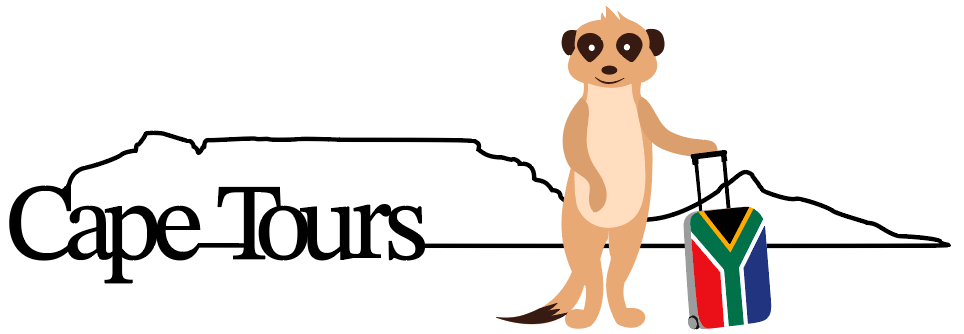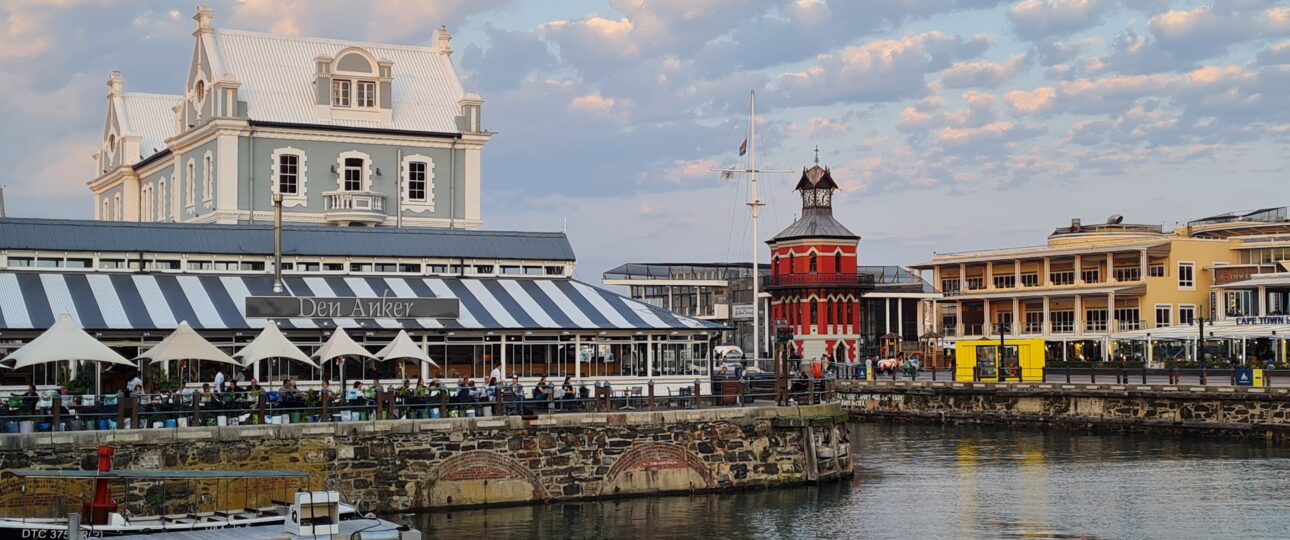What Vaccinations Are Needed in South Africa?
Vaccinations are a sensitive topic. We do not provide vaccination recommendations and advise you to seek professional advice beforehand.
For a trip to South Africa, certain vaccinations are recommended by the Tropical Institute to protect your health. Here are the main vaccinations and recommendations:
Routine Vaccinations
Ensure that all standard vaccinations are up-to-date:
- Tetanus
- Diphtheria
- Whooping Cough (Pertussis)
- Measles, Mumps, Rubella (MMR)
- Polio
- Influenza
- Chickenpox (Varicella)
- Hepatitis B
Depending on your itinerary and planned activities, additional vaccinations may be advisable:
- Hepatitis A: Recommended for all travelers as the virus can be transmitted through contaminated food and water.
- Typhoid: Recommended for travelers visiting rural areas or staying for an extended period.
- Rabies: Recommended for travelers spending a lot of time outdoors, working with animals, or visiting rural areas where the risk of rabies is higher.
A yellow fever vaccination is only required for entry into South Africa if you are coming from a country at risk of yellow fever or have visited such a country within six days prior to your entry.
This list serves only as an initial overview and does not claim to be definitive or current. It is important to schedule an appointment with a travel health specialist well before your trip to receive the necessary vaccinations and discuss individual health risks. For further information, consult the pages of the Foreign Office.
What Should You Pack?
Regardless of when and where you are in South Africa, always pack sunscreen, a hat, a jacket, and long pants. Even during the African summer, temperatures can become cool in the evening.
In Cape Town, it is often said that you can experience four seasons in one day. Even if it is hot and sunny in the morning, it can become windy and cool by the afternoon, and you will be glad to have a jacket. A cloudy sky can be deceptive, as UV radiation is still extremely high, so sun protection for skin and head is advisable.
Do You Need a Visa for South Africa?
German, Austrian, and Swiss citizens do not need a visa before traveling. Upon entry, you will receive a tourist visa as a stamp in your passport, allowing you to stay in the country for up to 90 days. You can extend this period by another 90 days by applying directly after arrival in Cape Town at VFS. However, since the COVID-19 pandemic, processing times have become extremely long, and it is not guaranteed that the extension will be issued before the initial 90 days expire.
In some cases, you may need to show a return flight ticket.
If you overstay your allowed time in South Africa, you may be declared an “undesirable person” and face a re-entry ban of 1-5 years.
For any changes to entry requirements, consult the websites of the relevant authorities before your departure.
Should You Bring Credit Cards or Cash?
In South Africa, you can pay for most purchases or restaurant visits with a credit card. However, you may need to inform your bank beforehand to ensure that transactions are not flagged as fraudulent.
Cash is mainly needed for paying parking attendants (5-10 Rand). There are ATMs in cities on almost every corner. Ideally, have a second, familiar person keep an eye on the surroundings to prevent potential robberies.
When Is the Best Time to Visit South Africa?
South Africa attracts visitors year-round. The best time to visit depends on your personal preferences and planned activities. Here’s an overview of the different seasons and which travel time is best suited for your visit.
Summer (December to February)
This is the main travel season for many tourists, especially in coastal regions like Cape Town, Durban, and along the Garden Route. Temperatures typically range between 25 and 35 degrees Celsius, making it ideal for beach lovers and water sports enthusiasts.
- Cape Town and Garden Route: The warm temperatures and long sunny days make these regions particularly attractive. Festivals, wine festivals, and outdoor activities are in full swing.
- Safari: During the summer months, it can get very hot in the safari areas, and the vegetation is denser, which can make animal spotting more challenging.
Autumn (March to May)
Autumn in South Africa is a wonderful time to visit. Temperatures are pleasant, and crowds thin out.
- Wine regions: The grape harvest in the Winelands around Stellenbosch and Franschhoek takes place, and the landscape is stunningly beautiful.
- Safari: The temperatures are milder, and wildlife visibility improves as the vegetation recedes.
Winter (June to August)
The South African winter is mild, especially compared to European standards. Temperatures vary greatly depending on the region.
- Cape Town and Garden Route: The winter months are rainier but also less crowded. Temperatures range between 7 and 20 degrees Celsius.
- Johannesburg and Kruger National Park: The dry winter season is the best time for safaris, as animals gather around waterholes and vegetation is sparser, increasing visibility.
- Drakensberg: In the higher altitudes of the Drakensberg, snow can occur.
Spring (September to November)
Spring in South Africa is a time of awakening and blooming. Temperatures gradually rise, and nature shows itself in full splendor.
- Wildflower bloom: Particularly spectacular is the wildflower bloom in the Namaqualand region, which showcases millions of flowers in vibrant colors from August to September.
- Cape Town and Garden Route: Mild weather and clear days make this time ideal for outdoor activities and explorations. In the West Coast National Park, about an hour from Cape Town, you can also enjoy impressive wildflower displays.
The best time to visit South Africa depends greatly on the activities you plan and the regions you wish to visit. Each season has its own advantages and special experiences to offer. Whether you’re exploring vibrant cities, breathtaking coastal landscapes, or wildlife in national parks, South Africa is worth visiting all year round.
What Languages Are Spoken in South Africa?
South Africa is a country with remarkable linguistic diversity. There are eleven official national languages, reflecting the country’s cultural and ethnic diversity. But don’t worry, English is the language of business and communication, so you can get by with it.
Here are the eleven official languages of South Africa:
Zulu (isiZulu)
Zulu is the most widely spoken native language in South Africa, especially in the KwaZulu-Natal province. It is spoken by about 23% of the population.
Xhosa (isiXhosa)
Xhosa is the second most widely spoken native language, primarily in the Eastern Cape province. About 16% of South Africans speak Xhosa.
Afrikaans
Afrikaans, a West Germanic language that evolved from Dutch, is spoken by about 13% of the population as a native language. It is particularly common in the Western Cape and Northern Cape provinces.
English
English is widely spoken and serves as an important lingua franca in business and government. It is the native language of about 10% of the population and is spoken as a second or third language by many.
Sepedi (Northern Sotho)
Sepedi is mainly spoken in the Limpopo province and is the native language of about 9% of the population.
Tswana (Setswana)
Tswana is spoken in the North West province as well as parts of Gauteng and the Northern Cape. About 8% of South Africans speak Tswana as a native language.
Sotho (Southern Sotho / Sesotho)
Sotho is particularly common in the Free State province and parts of Gauteng, spoken by about 8% of the population.
Tsonga (Xitsonga)
Tsonga is spoken in the Limpopo province and eastern Mpumalanga. About 4% of the population speaks Tsonga.
Swazi (siSwati)
Swazi is mainly spoken in the Mpumalanga province and is the native language of about 3% of South Africans.
Venda (Tshivenda)
Venda is spoken in the Limpopo province and is the native language of about 2% of the population.
Ndebele (isiNdebele)
Ndebele is spoken in the Mpumalanga and Gauteng provinces and is the native language of about 2% of the population.
Other Languages
In addition to these eleven official languages, there are many other languages and dialects spoken by various communities, including languages of immigrant groups and indigenous languages.
South Africa is a multilingual country that values and promotes its linguistic diversity. This diversity is reflected not only in the official languages but also in everyday communication and the cultural life of the country. No matter where you travel in South Africa, you will encounter a rich linguistic and cultural landscape.




